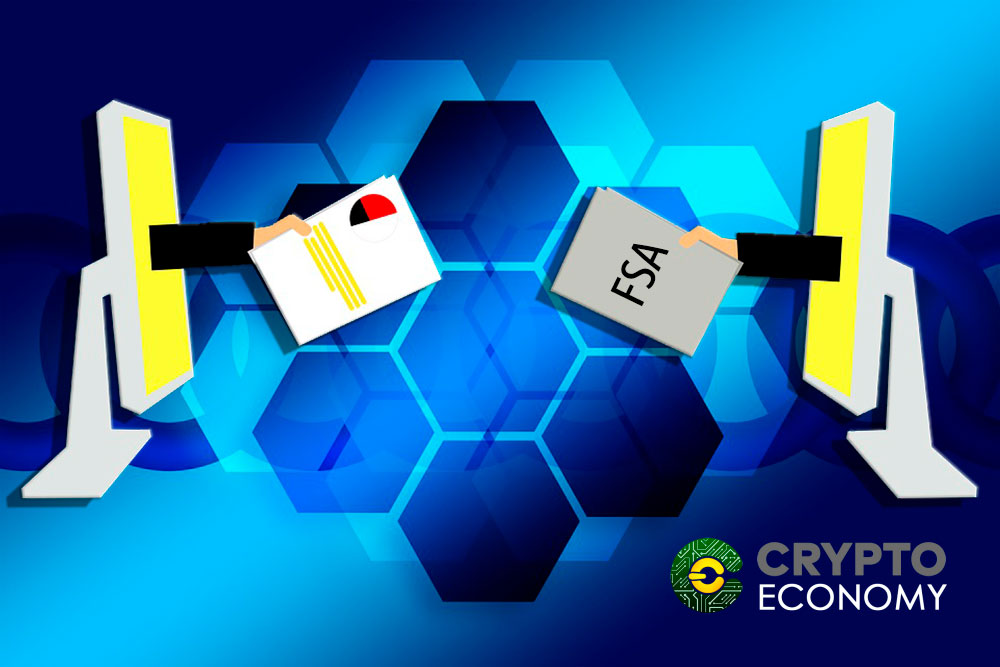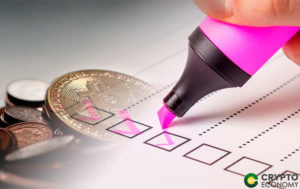The Japanese regulator has announced five new rules that all exchanges in the country must comply with to continue operations. The rules will be applied to new and existing exchanges. The Financial Services Agency said this has become necessary to avoid a repeat of the January hack of Coincheck, the exchange that lost $531 million worth of NEM cryptocurrency.
The new FSA rules are meant to protect investors and avoid a scenario that would result in losses such as the Coincheck scandal. The exchange which is one of the largest in Japan has been bought by Monex Group. An FSA official said that the new regulatory approach would involve visiting all the operational offices of exchange to know how they operate.

Exchange operators registering and already registered with the government will now need to satisfy five broad criteria;
- System checks, in which the exchanges must be made to never store cryptocurrencies in online wallets. With the new regulation, cold storage of coins would be the standard for Japanese exchanges as well as the use of multiple passwords to access stored coins for transfers. Multisig wallet is usually a feature that could be taken advantage of to secure coins.
- The second rule is that exchanges would have to take preventive measures towards money laundering. This entails verifying identities of users transferring large amounts. Aside the KYC/AML protocol, the emphasis on large sums of cryptocurrency enables the agency to track where the funds originate and where they are sent.
- The third rule is related to the management of customers assets. The FSA is aware that there is a need for a distinction between assets of the exchange and that of customers. Exchanges are to severally file in logs of customers assets to ensure that their staff do not take advantage of customer assets for personal use. The same is applicable to the exchange themselves to debar them from trading with their client’s funds.
- Serious look at money laundering possibilities through the so-called anonymous coins such as Monero. There have been reports in some Japanese media that FSA would prevail on exchanges to delist such untraceable digital currencies.
- The fifth rule as ordered by the FSA is the removal of shareholders and owners from management positions. This is to prevent conflict of interests that sometimes make founders and shareholders take advantage of their offices to manipulate the business for personal gain.
Japan has 16 operational exchanges. There are five others that are permitted to operate under Revised Funds Settlement Act. They operate while their registration is processed. The five new rules are to enable the exchanges to keep a clear view on areas of high and potential risks in their operations in order to forestall calamities. The FSA maintain that the rule is applicable to every exchange presently operating in the country and future exchanges.
With the rules, Japan, one of the countries with the highest cryptocurrency adoption has shown it means business with regulations and that there is the determination to see the industry thrive.












